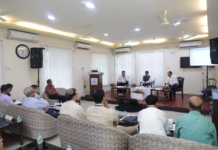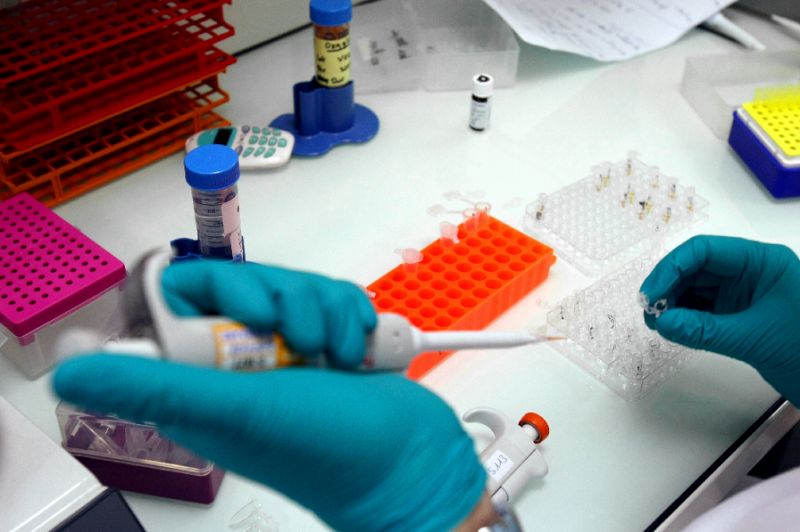New Delhi|HL
The health ministry has banned the manufacture, sale and distribution of a total of 329 fixed drug combinations (FDC). However, the ban has been lauded by health activists worried about growing antibiotic resistance due to the misuse of medicines.
FDC means a combination of two or more drugs in a fixed dosage ratio. Some of the banned drugs were: Cefixime + Azithromycin, Ofloxacin + Ornidazole Suspension, Metronidazole + Norfloxacin, and Paracetamol + Propyphenazone + Caffeine (trade name Saridon).
In July, an expert panel of the health ministry, after reviewing 349 fixed drug combinations (FDCs), had recommended that 343 of them should be “prohibited” and the remaining six should be “restricted or regulated”. In December last year, the Supreme Court had directed the health ministry’s expert body, Drugs Technical Advisory Board (DTAB), for a fresh review of safety, efficacy and therapeutic justification of these 349 FDCs. Therefore, the DTAB formed a sub-committee, which studied the issue and submitted its recommendations.
Total 344 FDCs were banned on March 10, 2016, by the central government on the suggestion of the panel formed under the chairmanship of C K Kokate. Kokate committee, which studied the irrationality of various FDCs, recommended the ban on 344 of them, citing the rising “antibiotic resistance” in the country as one of the reasons. Antibiotic resistance is the ability of a microorganism, which is causing the disease, to withstand the effects of an antibiotic medicine.
On December 1, 2016, Delhi High Court struck down the ban stating that the government had acted in a “haphazard manner”. The matter then went to the Supreme Court, which stated in December last year: “In order that an analysis be made in greater depth, we, therefore, feel that these cases should go to the DTAB and/or a sub-committee formed by the DTAB for the purpose of having a relook into these cases.”










